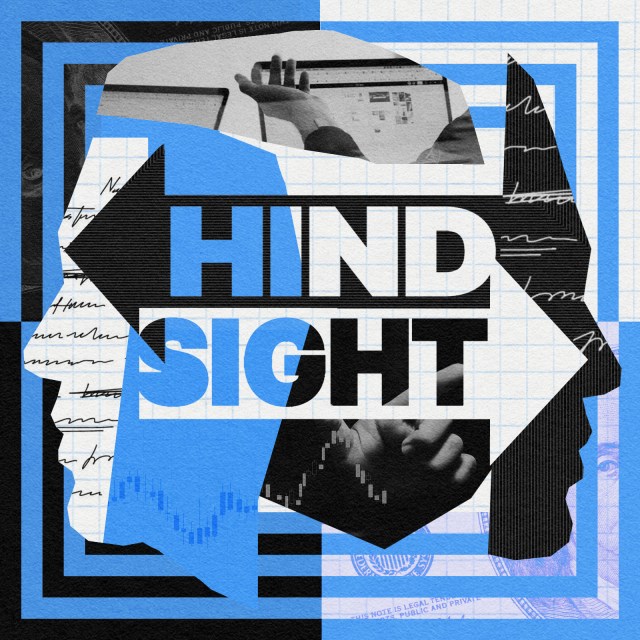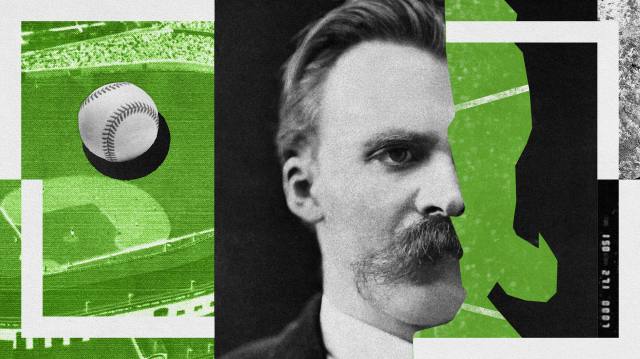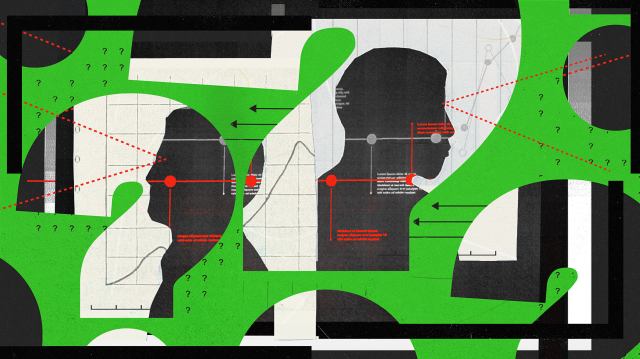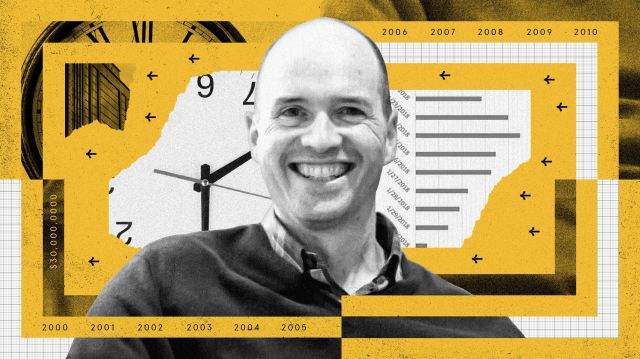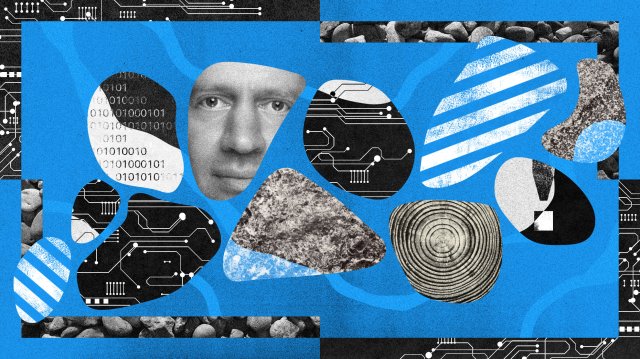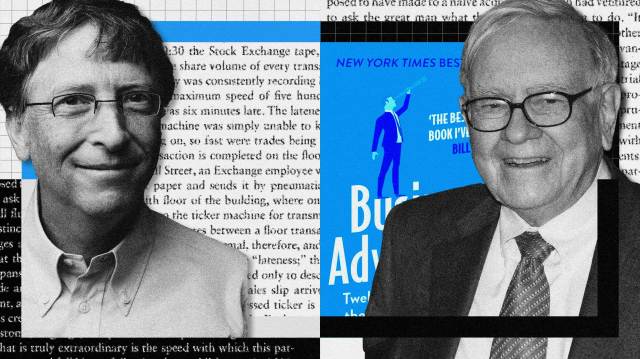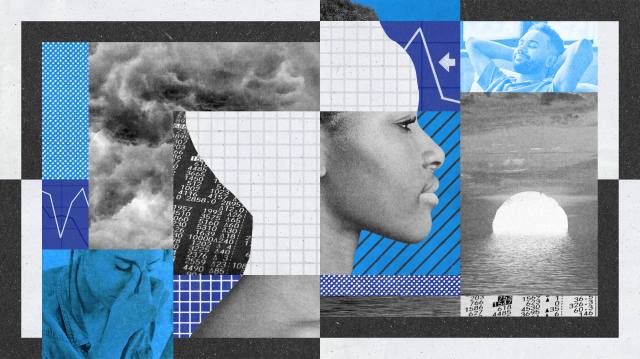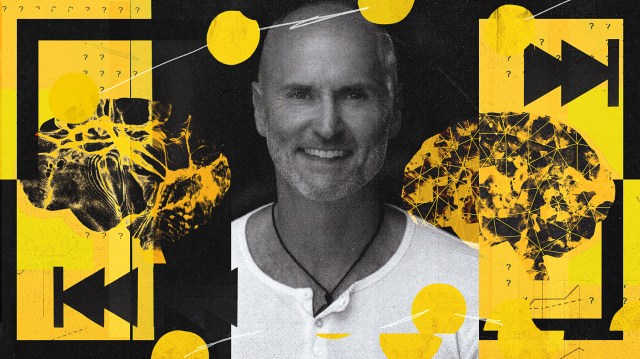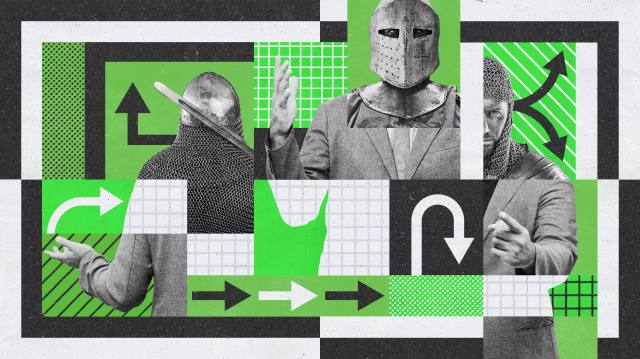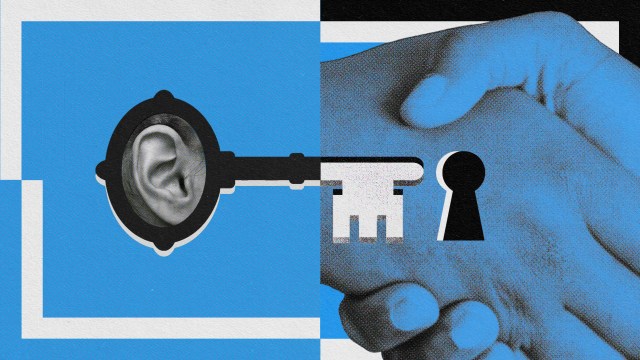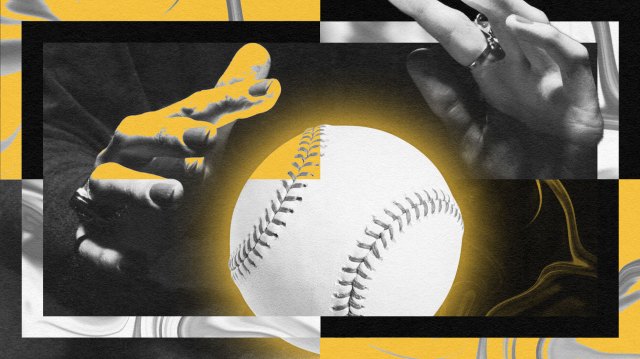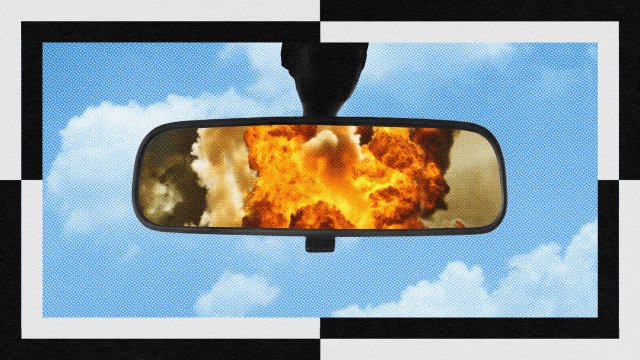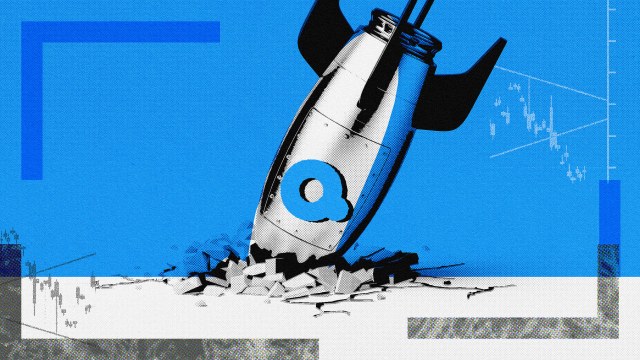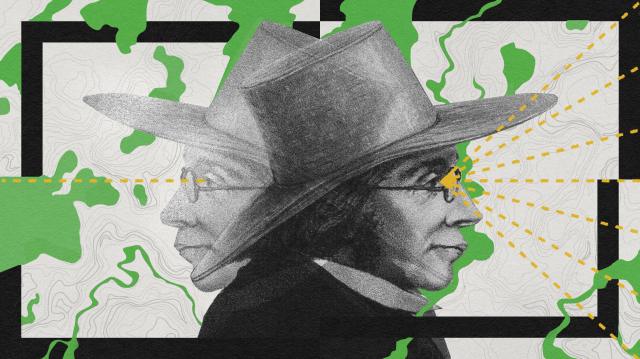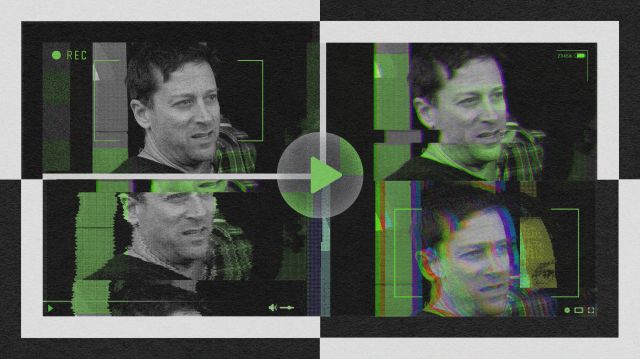Insight from hindsight: Become a “historian of your own life”

- A nomadic childhood spent among extended “work families” instilled in Novak the value of recognition for good work and ideas.
- When you choose to learn from your upbringing, you learn your strengths and weaknesses, your unique perspective, and your blind spots.
- Using the “Guided Autobiography” technique we can ask thought-provoking questions about important events in our lives.
My family was one of fifteen attached to the US Coast and Geodetic Survey team. My dad’s job was to mark latitudes and longitudes for the nation’s mapmakers. The team needed him wherever it needed to make new maps. So, every few months, we’d pack up, hitch our trailers to the back of big government trucks, and move on to a new town so he could mark new latitudes and longitudes. Imagine a circus caravan without the elephants but with the same great sense of anticipation — new terrain to explore, a new lake or stream to swim in.
When people ask me where I’m from, I say, “Well, that’s kind of a long story” — because I grew up in trailer parks across the country, wherever my dad had to go. I had lived in twenty-three states by the time I was in seventh grade.
It probably sounds to most of you like a tough way to grow up. I didn’t always mind it. The sense of adventure was always there, and because fifteen families moved together, we took our neighborhood with us, so we had community, even with the constant moving. And because of the constant moving — and what that meant for us as kids, leaving friends behind and rarely seeing our own extended families — the families banded together to create a strong infrastructure of support. When I played baseball, for example, about twenty people, extended “family,” would show up to watch. Everyone else on the team was lucky to get both their parents there, and I’d have a whole cheering section.
It took me decades to see the connection between those experiences and how I operated in my life and career, especially as a leader. For instance, I didn’t understand the influence the support of the survey-team families had on me when I was a kid because it was my “normal.” But it made me feel cared for, appreciated, and special, and I learned that making other people feel that way was one of the most significant things I could do in life. Showing my support for and recognition of people, their good work, their ideas, became my guiding star.

In her great book Insight, Tasha Eurich writes about the critical skill of self-awareness and how to build it. She explains that self-aware people understand their values, aspirations, passions, the environments where they are happiest, their patterns of behavior, their reactions, and the effect they have on others. One of the most powerful things we can learn in life is who we are. Our upbringings are gold mines of information, though, so why not start there?
Our upbringings shape us — the good and bad experiences, the normal experiences of our day-to-day lives. When you choose to learn from your upbringing, you learn who you are, your strengths and weaknesses, your unique perspective, and your blind spots.
Being an active learner means being a historian of your own life, so start by reflecting on your past, beginning with your earliest experiences and influences. Hunt for insights about what you value, how you think, and what biases you might hold. You might discover why you feel affinity toward certain people or ideas. All of this self-knowledge will expand your capacity for learning in the present.
Being an active learner means being a historian of your own life, so start by reflecting on your past, beginning with your earliest experiences and influences.
There are many ways to do this historical scan. One I like comes from psychologist Dan McAdams, who has focused most of his research and work on what our life stories can tell us about who we are. He helped develop a technique called the “Guided Autobiography,” asking people to identify important events in their lives and then asking thought-provoking questions about those events. The
most revealing questions are:
“Why do you think this is an important event in your life story?”
“What does this event say about who you are, who you were, who you might be, or how you have developed over time?”
I’ve done a similar exercise throughout my life as a leader, sketching my lifeline, including the important experiences and the high points and low points. Next to each critical experience, I note the impact it had on me and what I learned. This process has taught me that I have not succeeded in life in spite of my nomadic upbringing; I’ve succeeded because of it. Being born in the United States to loving and supporting parents, Charles and Jean Novak, was my biggest break in life. Next to my high point of being raised by my mom and dad, I write “mentor and coach.” My dad was my first coach, and my mother was my first mentor.
Having my community in the stands during games mattered, but my parents played the biggest role in developing my focus on people. They modeled what it looked like to be a good coach and mentor, and they emphasized the importance of building relationships early and often. Even as an older adult, every time I was a guest commentator on CNBC’s Squawk Box, they would watch and then call and tell me how great I did.
I remember how, every time we arrived in a new town, my mother would take me to the local school and say, “Look, David, you’ve got to take the initiative to make friends. Don’t hang back and wait for the other kids to come to you. We’re only going to be here for a few months, so make them count.” With her advice and our nomadic life, I learned that you were only ever one friend away from happiness. I carried that idea with me into every new work environment throughout my career.
